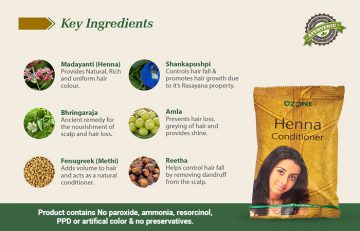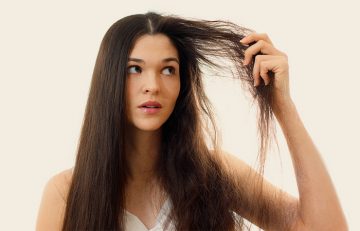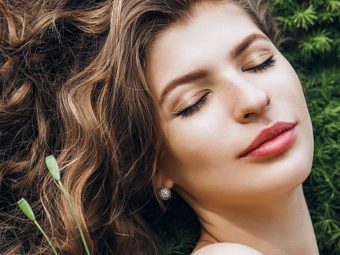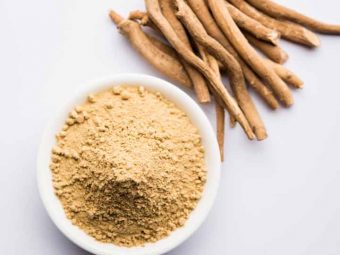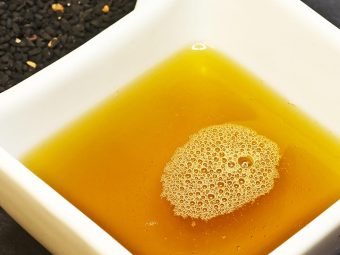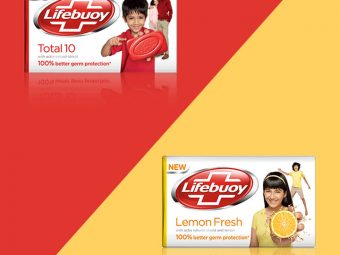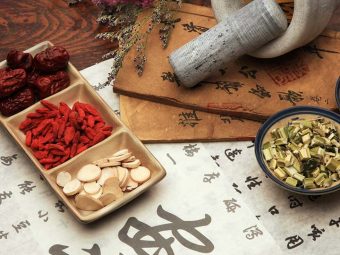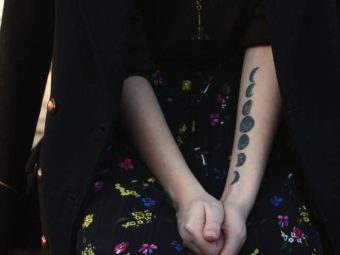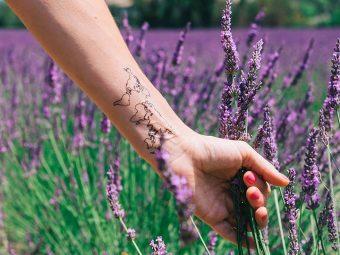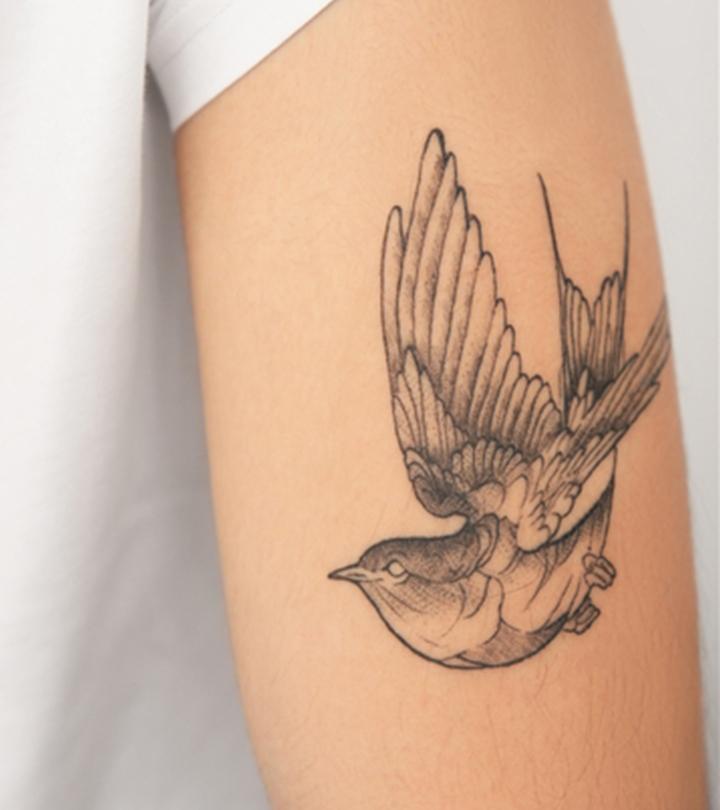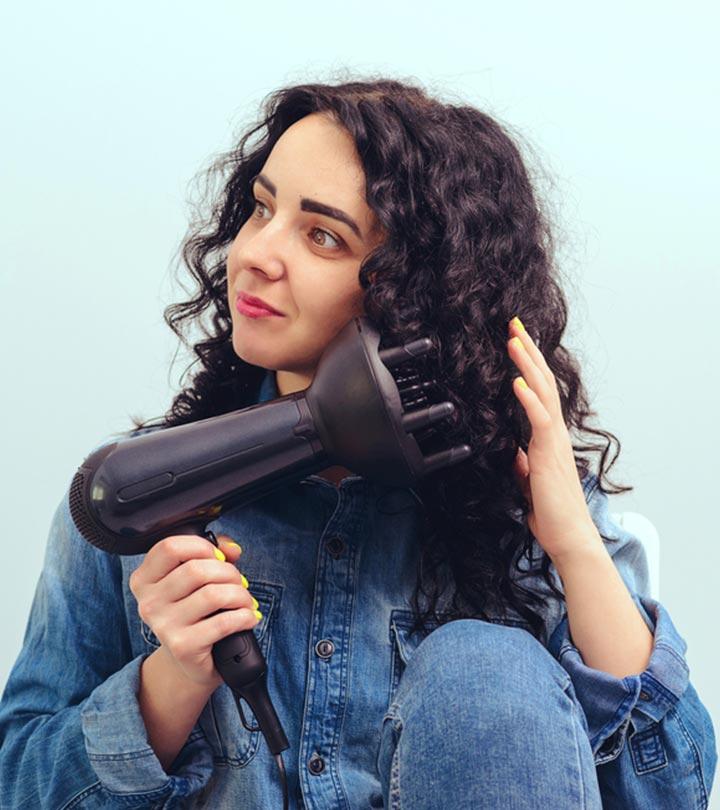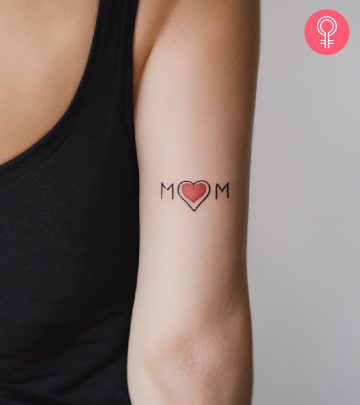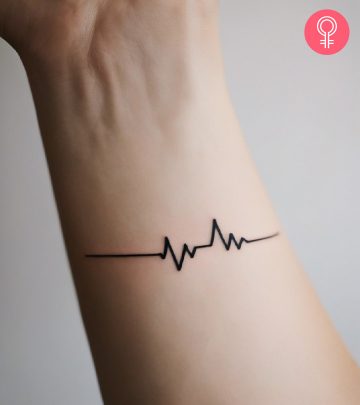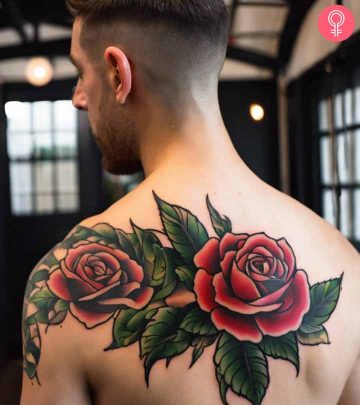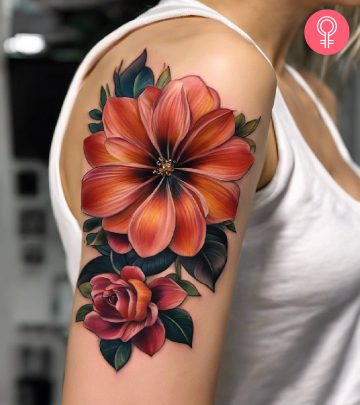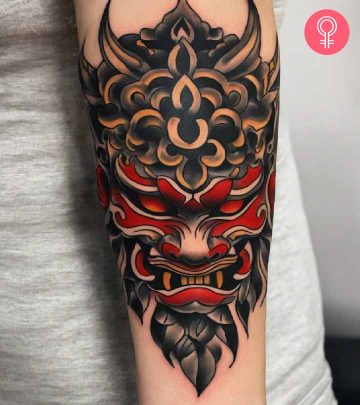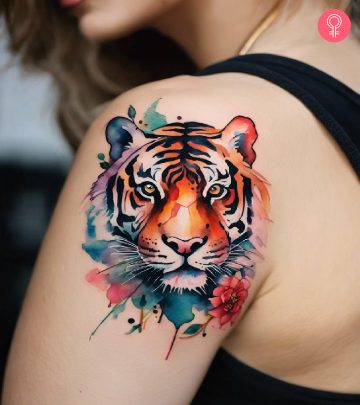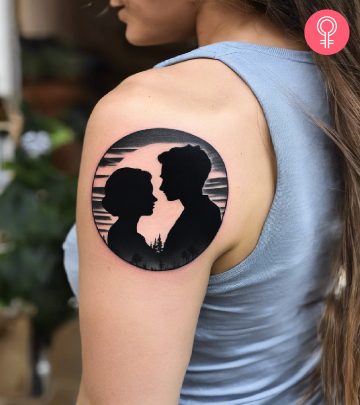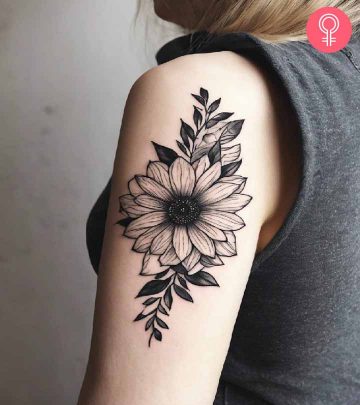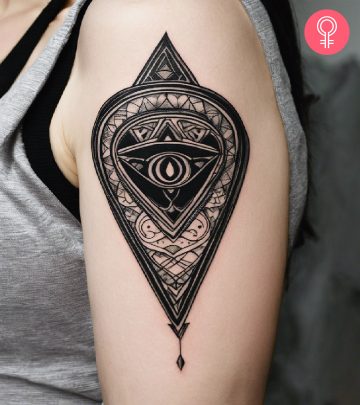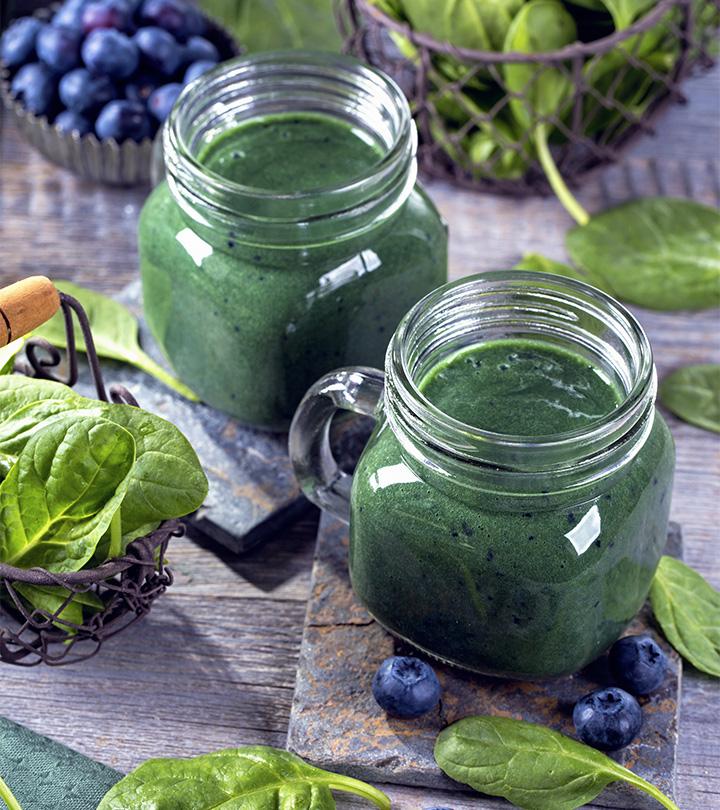How Henna Has Remained An Evergreen Beauty Ingredient Through The Ages
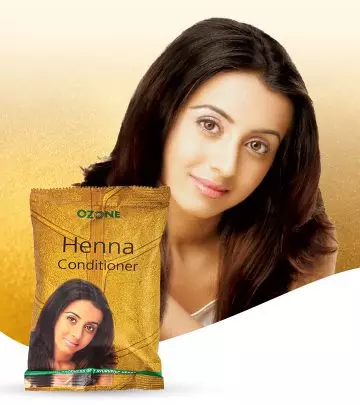
Dyeing hair may be trending now, but it has been around for ages, with people using plant-based dyes to tint their mane with an auburn look that would certainly make heads turn! People now experiment with reds, blues, browns, and everything in between. However, with the frequent application of chemical dyes, we often fall victim to hair damage, which is why several individuals prefer natural dyes instead.
One such flowering plant is Henna, or Hina, which has been a beauty ingredient for the hair for centuries. It stays relevant to this day because of how it gives the hair a uniform hue without inflicting damage to the gorgeous tresses. Henna is widely popular in India. The brown dye is made by crushing dried Henna leaves and mixing them with other ingredients that help keep your hair well-conditioned.
In This Article
Uses Of Henna Through The Ages
The versatility of Henna has given it a prominent place in the traditional medicine and beauty industry. Let us take a look at some of its uses through the years:
- Cooling Agent
Formerly, people soaked their hands and feet in Henna paste to cool their bodies in intense heat. It is still used to get rid of heat-induced headaches and to help bring down the temperature during an episode of fever (1).
- Arthritis
Henna is believed to have anti-inflammatory properties that help ease arthritis pain (2).
- Skin Treatment
Henna is used to treat skin concerns like athlete’s foot, ringworm, etc. It also works as a coagulant for wounds and can help soothe eczema and burns (3).
- Nail Care
It also found its way into the nail care industry. It was and is still used as a nail polish substitute. The reddish-orange hue neither peels nor chips, and it is believed to keep fungus at bay. Besides, Henna is effective in treating cracked nails.
- Temporary Tattoos
The inclination to get your skin inked mixed with the apprehension of its permanence – we have all been there. Well, this is where Henna comes in to help! With cone-shaped tubes filled with Henna, people make intricate patterns on their skin to get a temporary tattoo. While filling the palms and forearms with floral designs is common during occasions, people also flaunt modern patterns on other body parts.
- Makeup
Henna has been used as makeup for a long time, and if you thought you had never heard of it, think again! Several readymade Henna lip products are widely popular to this day! The temporary lip stains that we get in the market today are primarily Henna-based.
Henna In Hair Care
Apart from the various medicinal and beauty uses of Henna, it has found its place in the hair care industry, and with good reason.
- Hair Conditioner
Even though high-quality hair dyes flood the market, natural hair dyes cannot be replaced. Hair follicles benefit greatly from Henna–it removes product buildup and gives your hair a rich, glossy look. Using Henna regularly can soften and strengthen your mane.
- Scalp Treatment
If you are prone to excessive shedding, use Henna to help control it. It can maintain the pH balance of the scalp, thus effectively reducing dandruff and dryness. You can mix it with other ingredients like eggs, fenugreek, or yogurt to make a hair mask and apply it.
- Hair Dye
Probably the most common use of Henna in hair care, the natural product works wonders to give your tresses a uniform dye, helping cover the gray strands that love to play peek-a-boo. If you are not one to support a reddish tint, add a spoonful of coffee and a cup of black tea to the dye and get a deep maroon shade!
Henna Versus Chemical Hair Dye
Chemical hair dyes offer a range of shades, but is the quirky look worth the damage they cause to your hair? On the other hand, Henna may not have thousands of options, but it can nurture your hair and give it a soft shine.
Synthetic dyes are packed with chemical compounds like ammonia and peroxide, which strip the hair of its natural oils and pigment to replace it with a new shade. As a result, it makes the hair prone to breakage and damage. They can also cause skin irritation, redness, itchy scalp, and swelling.
That is why it is best to go for Henna. And if you are wondering which one to go for, we recommend the Ozone Ayurvedics Henna Hair Conditioner. It suits all hair types and uniformly covers gray hair to leave behind a gorgeous shade. It has long color retention with anti-fading properties that prevent early discoloration. With other ingredients like Amla, Methi, Vitamin E, and Mulethi, the Ozone Ayurvedics Henna Hair Conditioner works wonders to rejuvenate, enrich, repair, and nourish the hair. Besides, it prevents hair loss and dandruff while stimulating hair growth. If you are looking for a hair dye that is 100% organic with no additives or chemicals, this should be your pick!
What do you mix with Henna powder before applying the paste to your hair? We would love to know!
References
Articles on StyleCraze are backed by verified information from peer-reviewed and academic research papers, reputed organizations, research institutions, and medical associations to ensure accuracy and relevance. Read our editorial policy to learn more.
- Antimicrobial Efficacy of Henna Extracts:
https://www.ncbi.nlm.nih.gov/pmc/articles/PMC3273913/ - Anti-Inflammatory, Antipyretic, And Analgesic Effects Of Lawsonia Inermis L. (Henna) In Rats:
https://pubmed.ncbi.nlm.nih.gov/8966192/ - Evaluation Of Wound Healing Activity Of Henna, Pomegranate And Myrrh Herbal Ointment Blend:
https://www.ncbi.nlm.nih.gov/pmc/articles/PMC6035320/

